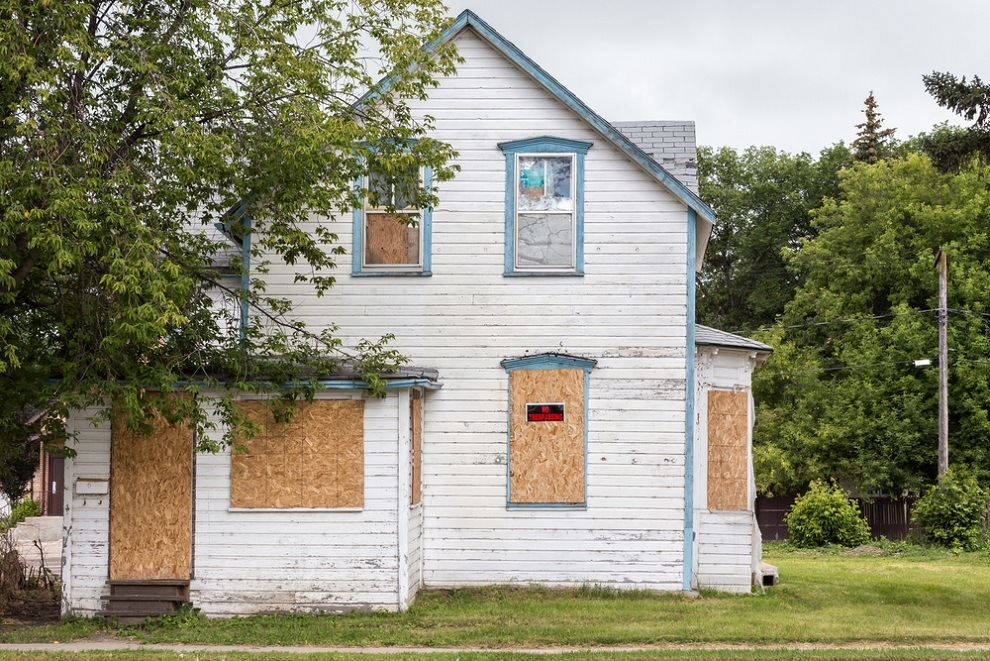 No matter what you’re shopping for, it can be hard to resist a great bargain. This is particularly true when it comes to homes. Buying a home is one of the biggest, most significant purchases the average person makes during their lifetime, so when faced with the opportunity to buy a home at a great price, it can be hard to say no.
No matter what you’re shopping for, it can be hard to resist a great bargain. This is particularly true when it comes to homes. Buying a home is one of the biggest, most significant purchases the average person makes during their lifetime, so when faced with the opportunity to buy a home at a great price, it can be hard to say no.
In many cases, these amazing home bargains are often homes that need some TLC. There’s an old adage when it comes to real estate that it’s smart to buy the worst home on the best block. Homes that are in a great neighborhood, but need a bit of work, can be a great investment opportunity, but renovating them can turn into a completely overwhelming, expensive, time consuming project if you don’t know what you’re getting yourself into. If you’re thinking of buying a home and fixing it up, whether you want to live in it yourself or want to flip it, here are a few things you should keep in mind.
Don’t Get Too Excited Until It’s Been Inspected
When you walk into a home that you see a lot of potential in, it can be really easy to fall in love with it and lose sight of what condition a home is really in. Try to curb your enthusiasm until you’ve had an inspector come out. This is particularly true with very old homes. If you’re considering purchasing and renovating a historic home, you’ll want to make sure you’ll want to make sure you find an inspector who has a lot of experience working with older homes.
The most important things to look for in a home is that is has good bones: a solid foundation, no structural issues, and a roof that’s in good shape. If a home is at least in good, basic structural condition, you’re off to a good start. Even if you need to make other important improvements like installing vinyl replacement windows, upgrading the electrical and plumbing systems, or getting a new HVAC system, those sorts of things are easy when compared to something like foundation repair.
Expect Everything to Cost More and Take Longer Than You Thought
If you have an extremely limited budget or want to have it ready by a certain date, buying a fixer-upper home might not be the best idea. If a home is older or has been neglected for a while, there might be problems your contractor had no way of knowing about until they got in there and started working. Unfortunately, these delays can drive up the cost of the project and make it take longer than you originally expected.
Be Careful Not to Over-Improve
Believe it or not, it is possible to over-improve a property. Remember, people tend to look for homes in a certain neighborhood for a specific reason so in the end, you want your home to fit in with the rest of the neighborhood. For example, if your home is located in a neighborhood full of one story homes, adding a second story will make your home stand out like a sore thumb. Or a home full of added luxury features might actually be tough to sell in a neighborhood where the other homes are more modestly priced.
Do Your Homework on Historic Homes
Older, historic homes can be full of beautiful charm and architectural details that you just don’t find in newer homes, which is why they’re so appealing to so many people. But historic homes tend to be particularly challenging to renovate, so it’s best to do your research before you make the commitment. You may need to get special permits from the city or approval from the local historical society before you get started. Older homes tend to have a lot of unique needs, so you’ll also want to find contractors who have lots of experience in working on older homes. Not only do they know all the best ways to work on these special homes, they’ll know to anticipate things like asbestos or lead paint, which are very commonly found in older homes.
Buying a home and fixing it up can be an extremely rewarding experience that you’ll remember for the rest of your life. Just be careful to not get in over your head!
